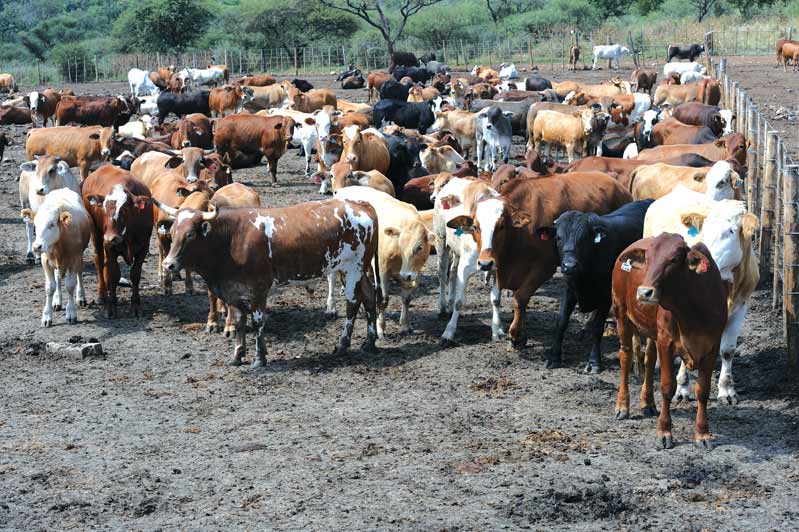The World Bank has approved a loan US $500 million to aid Egypt’s efforts in improving resilience in agriculture sector.
The loans will see the establishment of the Emergency Food Security and Resilience Support Project, which aims to reduce the global impact of the conflict in Ukraine on food and nutrition security in Egypt.
The Russian Federation and Ukraine are the world’s largest wheat exporters, and the war has driven up prices and created nutritional shortfalls, particularly for people who rely on bread for their daily nutritional needs.
National reforms
As per Egypt’s national reforms to reclaim more agricultural land and transform the sector which is a major driver of the economy and provides for 57% of the population the project will finance the public procurement of one-month’ supply of imported wheat for the Bread Subsidy Programme, which supports around 70m low-income Egyptians, including approximately 31m people living under the national poverty line.
The project will also support national efforts to reduce waste and loss in the wheat supply chain through upgrading and expanding climate-resilient wheat silos, sustainably improving domestic cereal production, and strengthening Egypt’s preparedness and resilience to future shocks.
Since 2014, Egypt has expanded its investments in the National Project for Silos, which aims to build 50 grain and wheat storage silos across 17 governorates and has raised the country’s storage capacity from 1.2m tonnes to 3.4m tonnes between 2014 and 2018.
“This project supports the government’s strong commitment to ensuring that the needs of citizens continue to be met, even amid the challenging global context caused by several crises such as the COVID-19 pandemic and the war in Ukraine. In addition to ensuring sustained food security a vital element to the well being of citizens this project supports national climate efforts that also aim to improve the quality of life for Egyptians,” said Minister of International Cooperation Rania Al-Mashat.
This loan also is expected to support Egypt by mobilising immediate short-term relief to address supply and price shocks while simultaneously bolstering the country’s longer-term food security strategy and improved nutrition for the poor and vulnerable.








